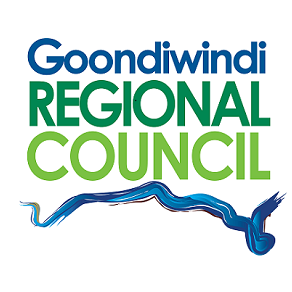Council advocates for clarity around 1080 changes
« BackGoondiwindi Regional Council is advocating on behalf of local landholders for more clarity around proposed state government legislative changes to the use of 1080 for wild dogs, foxes and pigs.
Mayor of the Goondiwindi Region the Honourable Cr Lawrence Springborg AM said the details of the proposed changes are still being confirmed with the state government. However, he wanted to reassure local landholders that Council’s twice-yearly coordinated baiting program will continue with minimal changes.
The use of 1080 is legislated by Queensland Health and has historically been regulated by the Queensland Government’s Department of Agriculture and Fisheries (DAF) – Biosecurity Queensland. However, the proposed changes will see DAF relinquish its role of more than 50 years back to Queensland Health, which is proposing to open the distribution of 1080 into the hands of more commercial retailers and resellers, and potentially placing investigative responsibility onto local councils, who will also receive reduced resources to subsidise baiting for local landholders.
While local councils have been the primary supplier of Fluoroacetic Acid (1080) services in Queensland for the past 20 years, the proposed changes will mean the poison will also be more easily available at commercial retailers across the state.
Cr Springborg said Council was concerned this would create more opportunity for misuse, particularly as the proposed changes include no centralised registry to record who is accessing 1080.
“We’re also very concerned about the additional responsibilities in incident investigations that the Queensland Government are considering passing on to local councils,” Cr Springborg said.
“To be clear, Council is not opposed to wider availability of 1080, but we want to make sure that the DAF will ensure it is made available in accordance with the rules, and that they follow up on reports of potential misuse.
“Landholders need to be aware that these changes are coming. Council has committed to continuing its coordinated program, but with more costs being passed on to us and the increasing costs of supplies, we will have to prioritise our resources. The likelihood is that ad-hoc baiting will no longer be sustainable - meaning outside of co-ordinated programs, landholders would have to source their own 1080 at their own cost.”
The cost of invasive animals to landholders in the Goondiwindi Region is estimated to be $12.3 million annually. Council already spends about $450,000 on wild dog control across the Goondiwindi Region each year, including maintenance of 224 kilometres of barrier fencing.
The new rules could come into place as early as September. Cr Springborg has written to Queensland Health to identify several points of consideration in the review of the legislative framework for 1080 use. In particular, he is requesting that the DAF is named as the authorised department for managing investigations into potential misuse and that it will continue to support the stakeholders it represents: local landholders who are protecting the environment and agriculture industry.
Council will also table a motion at the upcoming Local Government Association of Queensland Annual Conference to garner support from other councils in the state.
“Community confidence is absolutely essential to the continuation of baiting programs – we want the public to be confident that 1080 baiting is being carried out in the safest, most humane way possible, with the best procedures in place,” the Mayor said. “Loosening this regulation is a real threat to that confidence, which in turn puts the future of 1080 at serious risk – and we simply can’t afford to lose one of our best lines of defence against wild dogs.”

